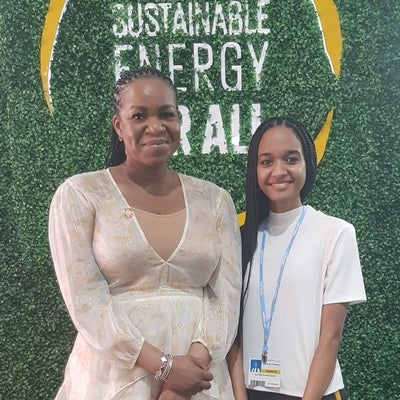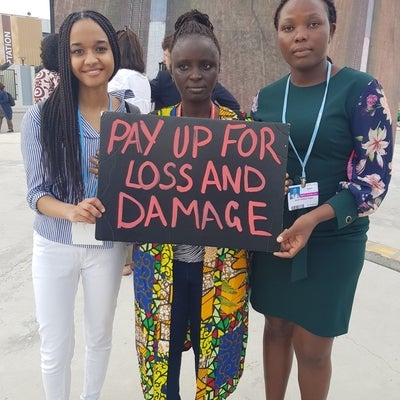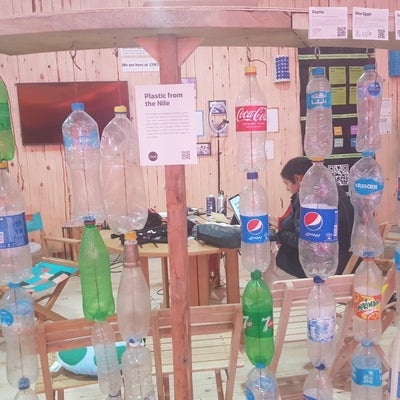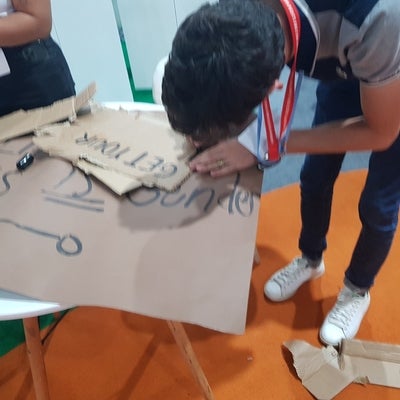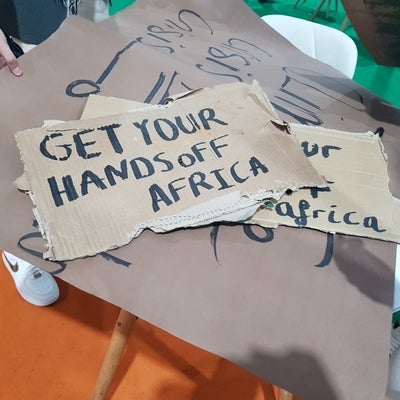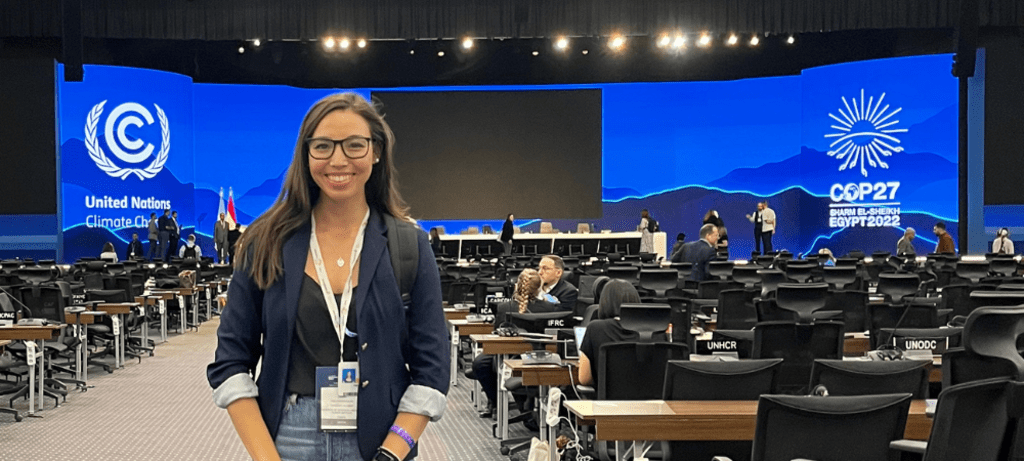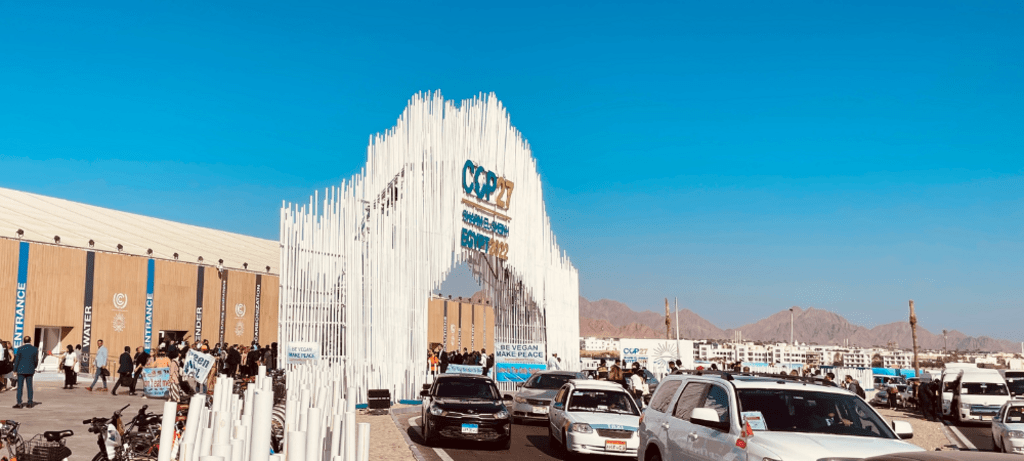The ups and downs of upholding climate justice at COP27

Isra Saeed is a PhD candidate in sustainability management. Her research focuses on the eradication of energy injustice in Sub-Saharan Africa. She also works for UWaterloo's Graduate Student Association as its equity coordinator. She attended the 27th Session of the Conference of the Parties (COP27) in Egypt during fall 2022. This is her reflection from participating as a student delegate.
Estimated reading time: 2:17
This year, I had the privilege of joining the University of Waterloo’s official delegation to COP27. As a Sudanese graduate student whose home country has been ravaged by the first recorded climate change conflict, the African COP’s special focus on the world’s most vulnerable represented a necessary point of departure in global discourses around climate change. It signaled a willingness to confront the problem and take collective responsibility for the damages inflicted on those bearing the brunt of the climate crisis. Finally, climate justice was going to prevail!
Upholding justice – as conceived of in academic discussions on the topic – entails that those most impacted by climate change have a seat at the decision making table. Walking into the negotiations as an observer, I analyzed the scenes unfolding in front of me through a critical academic lens, asking myself the following questions: Who was representing the countries in the negotiation rooms? How much time did each country spend attempting to advance its interests? And more importantly, who was absent?
Unfortunately, the answers made clear that pre-COP political declarations on commitments to justice and inclusivity were empty promises. Corporate lobbyists hijacked Global South delegations, clouding the perspectives of official party negotiators. Representatives of major fossil fuel producing countries were taking up speaking time, unofficially leading the discussion to ensure that business continues as usual. Countries plagued by political unrest were either a no show or – at best – present in small numbers. Add to that, indigenous and local communities, who were already at COP27 hosting side events and attending informal consultation sessions, were ultimately shunned from the last decisive moments that tipped the scales of the negotiations.
Despite all of that, COP27’s final moments brought me hope. On the last official day of the conference, there was little activity around the venue. The final negotiations were taking place in closed rooms – inaccessible to all observers – and most country pavilions had closed the previous day. But in a small corner, not too far from the negotiation rooms, the youth pavilion was surging with energy. Youth activists from all over the world were making final pleas to move the negotiations in favor of those who are disproportionately impacted by the crisis. This was followed by invigorating protests that grabbed everyone’s attention, myself included. In fact, it was in that instant that I was reminded of the negotiators from small island nations and developing countries who were still advocating on behalf of the collective good despite limited institutional power and many sleepless nights. These examples of global solidarity confirmed that while the fight for climate justice remains a difficult battle, the climate justice movement is alive, well, and more than ready to take on the fight.
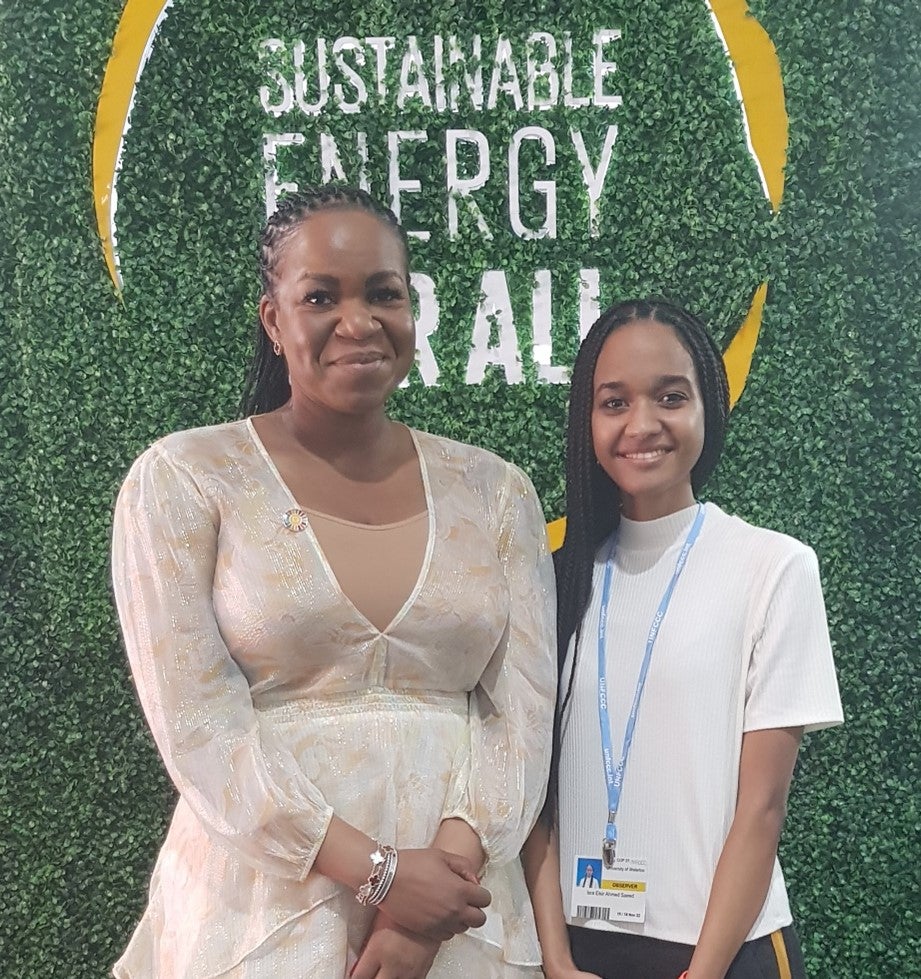
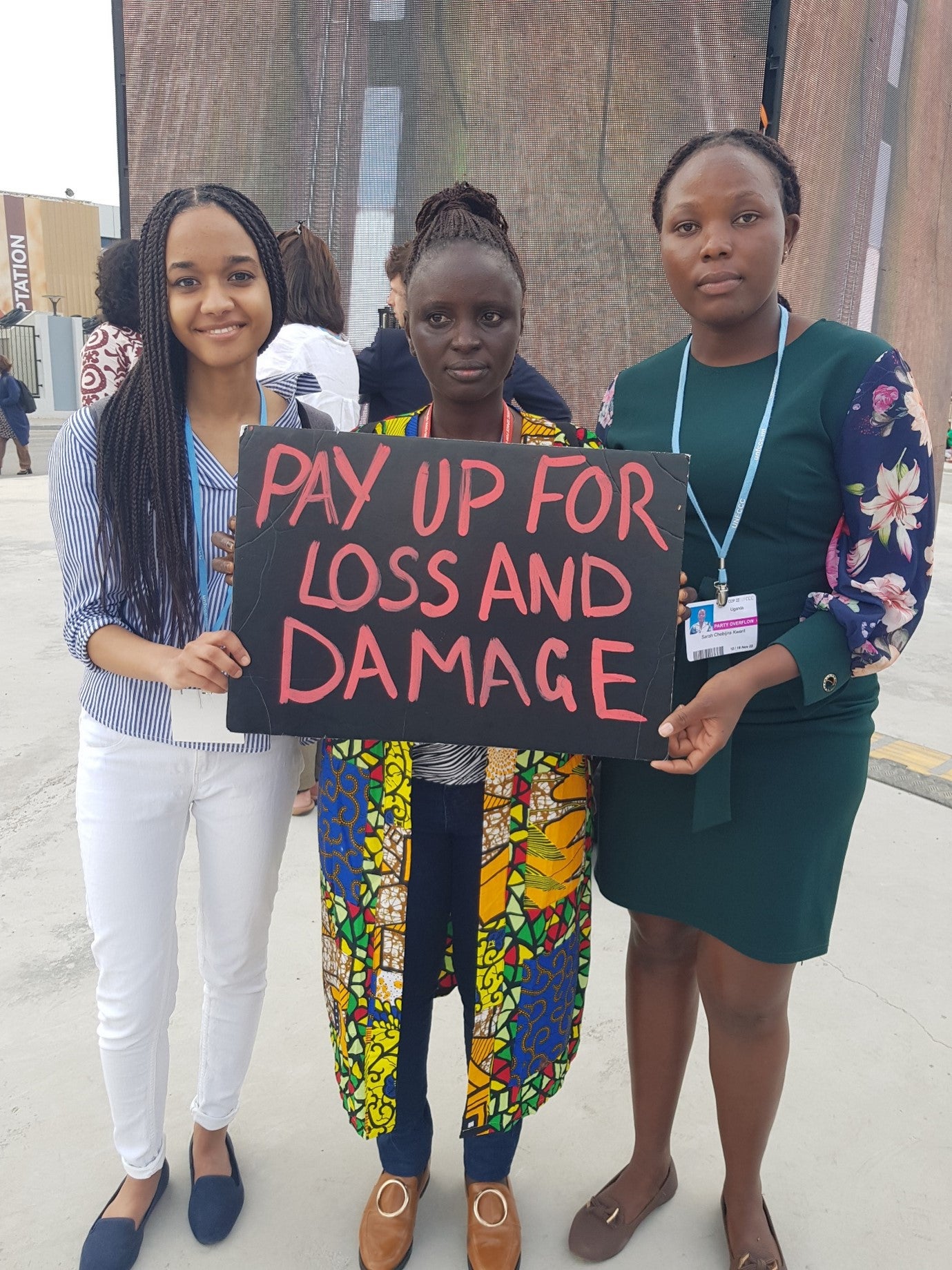
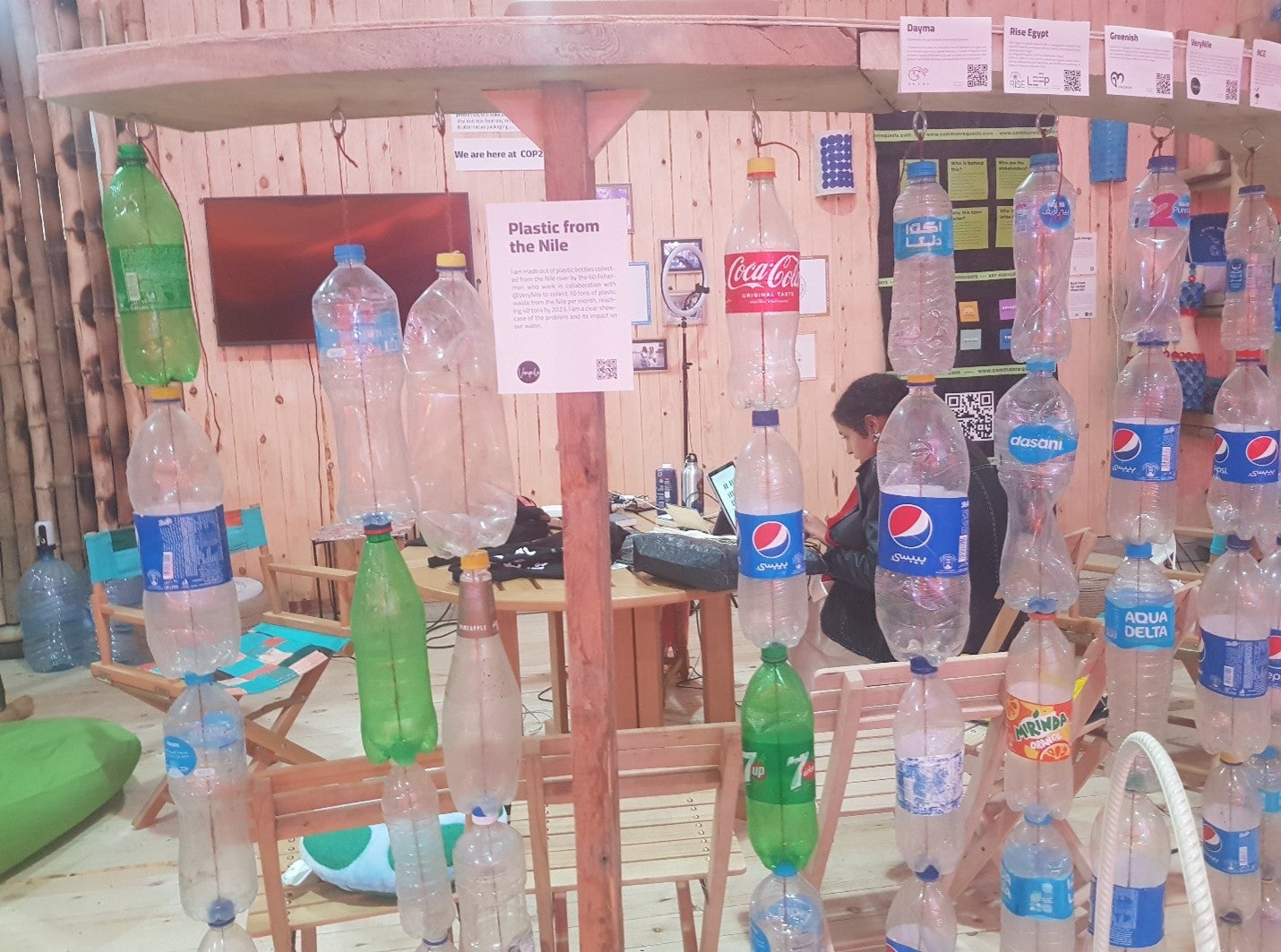
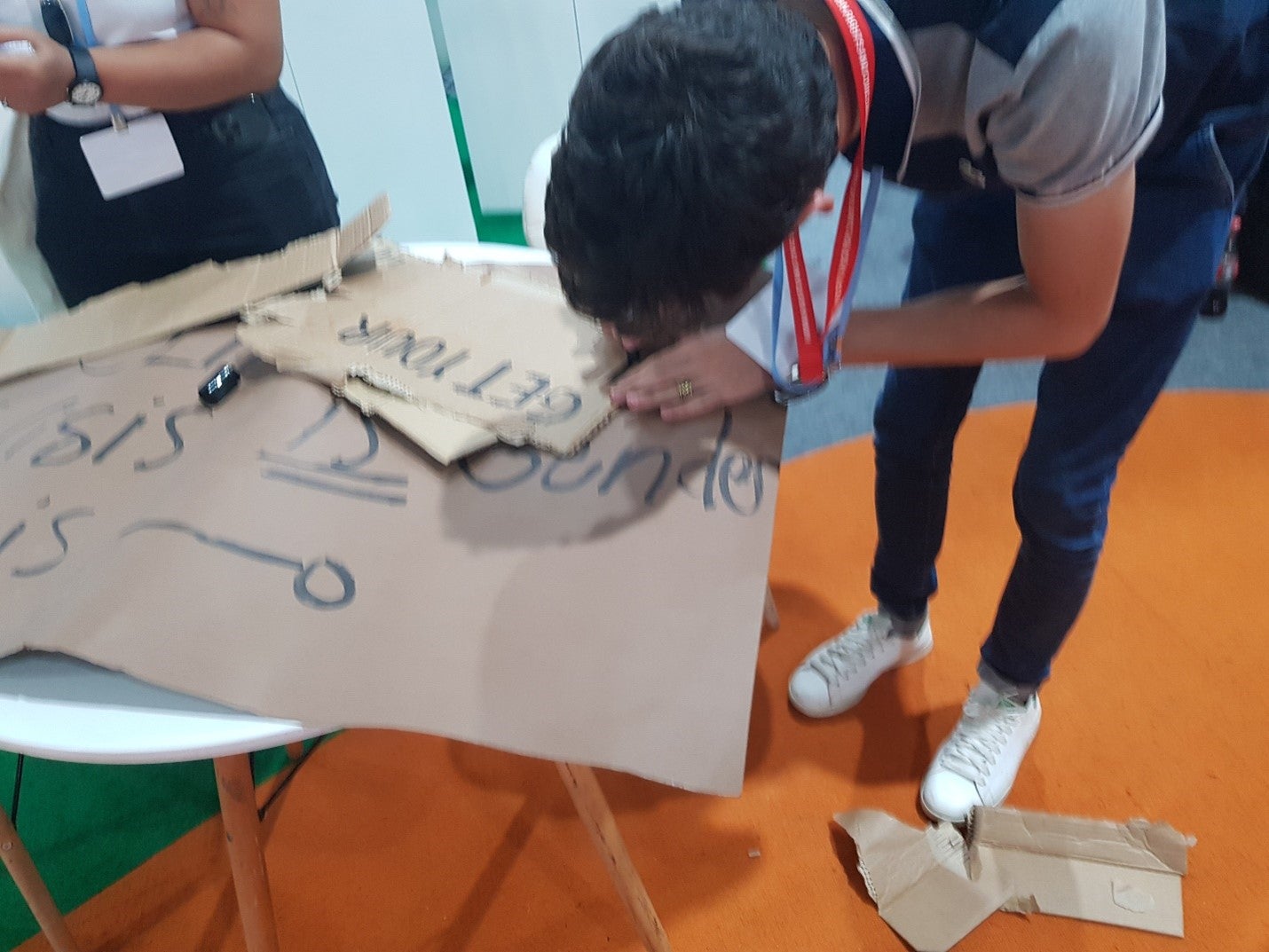
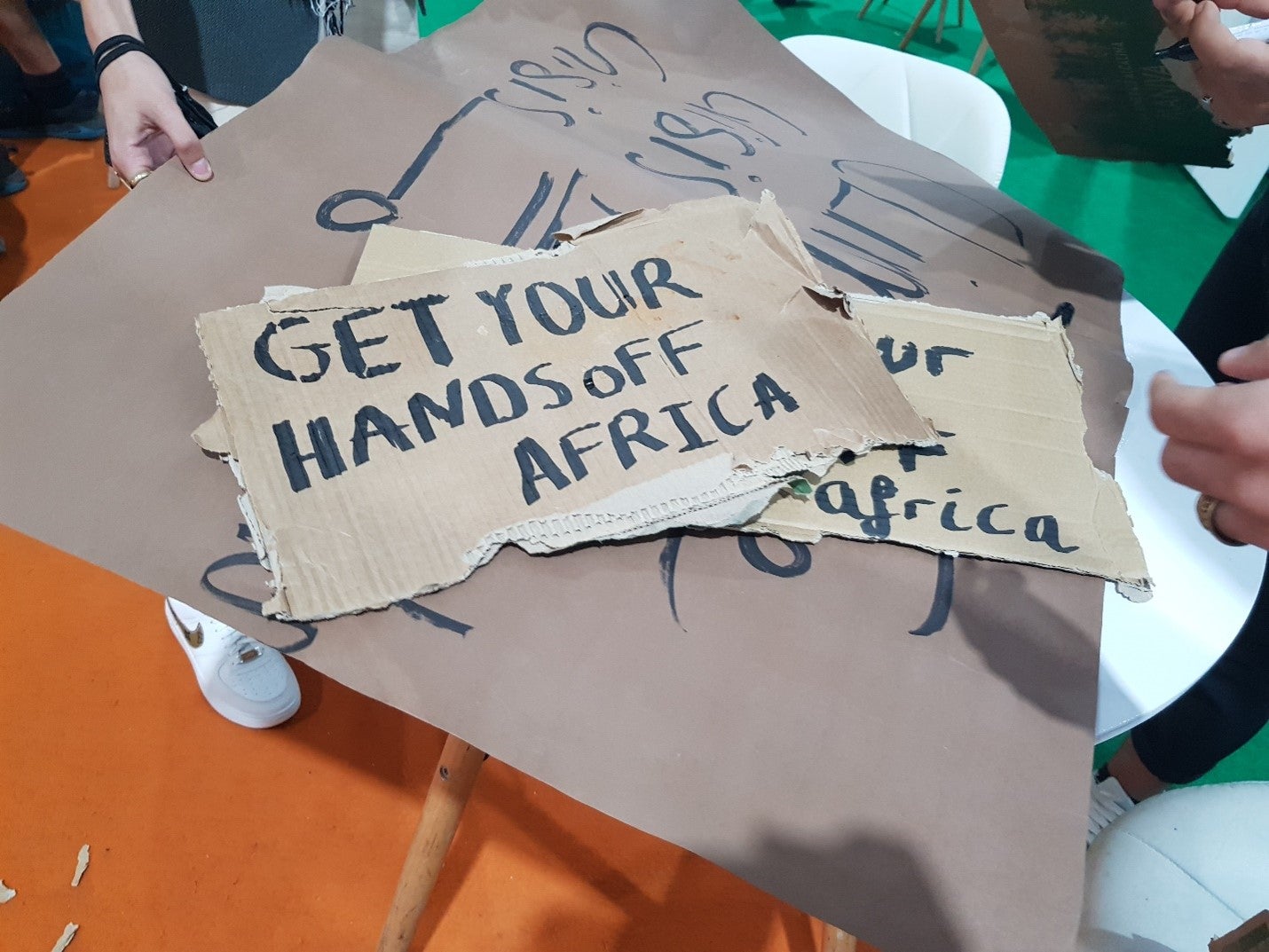
Contact us for media inquiries to learn more about this or other climate change related stories.

